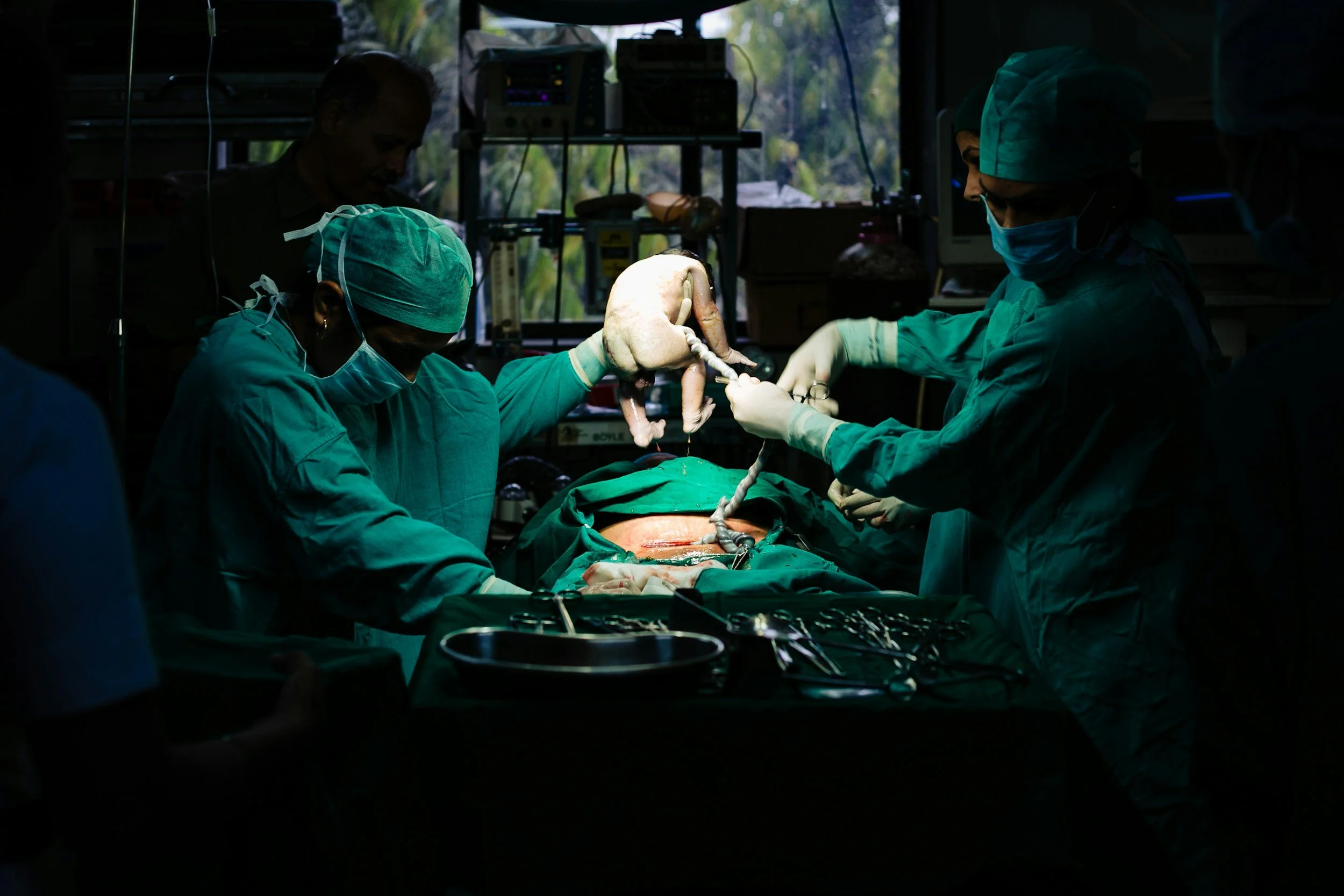Trauma Surgeon
Definition: A Trauma Surgeon is a healthcare provider who performs emergency surgery for life-threatening injuries. Aside from the surgery itself, Trauma Surgeons work with one’s primary physician to plan and enforce one’s post-surgery care plan. They will also assess and provide critical care for patients inside the hospital.
The road towards a career as a Trauma Surgeon…
( A very long process…but the art of medicine and saving lives takes time to master. )
To become a Trauma Surgeon, you must:
To become a Trauma surgeon, it all begins with a bachelor’s degree.
Since the next step in a Trauma Surgeon's education requirements is medical school, it is beneficial for the individual to have a bachelor's degree in a relevant field such as pre-medicine, biology, microbiology, public health, or nursing.
During undergrad, it is recommended that one also obtain clinical hours in one's preferred specialization.
After being admitted to medical school following the MCAT (Medical College Admissions Test), students will spend four years acquiring new knowledge about medicine.
During this time, one will spend two years learning preclinical skills and the last two years learning clinical skills.
One will gain a deeper understanding of the fundamentals of science and medicine, study general surgery, and shadow physicians to obtain the necessary clinical hours for their state.
Addtionally M.D. Students must study and take the U.S. Medical Licensing Examination: Step One (End of 2nd year ), Two ( End of 4th year ), and Three ( After Graduation or during residency )
After medical school, one will enter a five to seven-year-long surgery residency program. Due to there only being around 20 approved residency programs for this career in the United States, these residency programs are inherently highly selective.
Rounds of interviews, test scores, and resumes will be considered during this period.
Congratulations! The long and hard residency program and years of training are over! You’re finally almost at the end: a one to two-year-long fellowship program.
This fellowship program focuses on trauma surgery skills accredited by the American Association for the Surgery of Trauma (AAST) and critical care skills certified by the Accreditation Council for Graduate Medical Education (ACGME).
FINAL: Certifications from the American Board of Surgery!
Sometimes, all you need is a scalpel.
Life is unexpected, and injuries (both accidental and non-accidental) are prone to happen. These accidents can vary from something very minor, like scraping your knee, to something very severe and life-threatening, like a third-degree burn.
When these life-threatening injuries happen, time is essential. It is crucial that no time is wasted, and that those handling the situation remain calm and work together effectively to save the life at hand. Whether this be the initial caller, the EMT team, the nurses, physicians, or surgeons, everyone has a responsibility to the patient and their oath.
The focus of this blog post will be on the crucial role of the healthcare team leader in trauma situations.
Scope Of Practice?
Millions of people in the United States acquire trauma injuries every year, and so many different kinds of injuries come through the hospital nearly every day. It’s important to know what a trauma surgeon can and can’t do. Trauma surgeons can handle:
Injuries in areas including the neck, chest, extremities, and critical care.
Rapid stabilization of patients
Emergency surgical procedures, such as blunt force trauma and burn injuries
Critical Care Management
Postoperative care of patients
Coordination of care with other medical profressional for the best treatment plans for patients
Where can a Trauma Surgeon work?
If it isn’t apparent, trauma surgeons can work in hospitals, but where else can they work? Let's find out together.
Level One and/or Two Trauma Centers
Specialized military facilities
Emergency rooms
And that’s it!
The process of becoming a trauma surgeon is not easy and comes with challenging days and long hours. It requires the utmost concentration and attention to detail, both in and out of surgery. Nonetheless, it is a gratifying career. The relationships formed with coworkers and patients are truly unforgettable!




